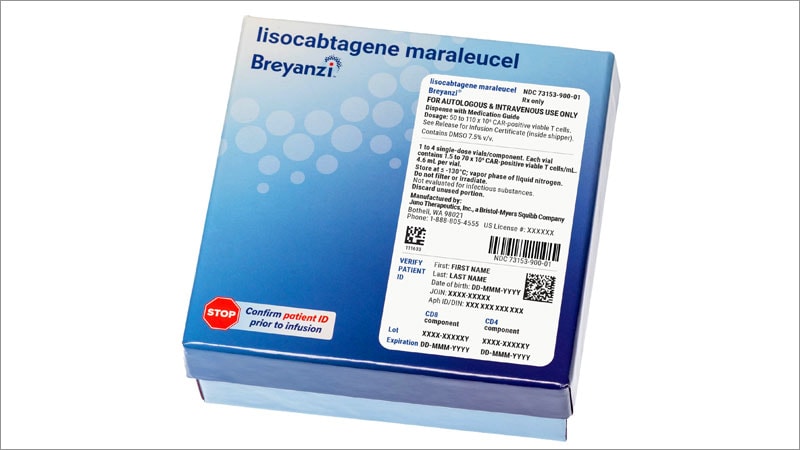TOPLINE:
A new, international, 5-year trial of the immunotherapy drug pembrolizumab (Keytruda) contained the largest patient contingent from the United Kingdom and Europe. As the first trial to focus on overall survival, it found that adjuvant pembrolizumab (vs placebo) was associated with a 38% reduction in death in patients with clear-cell renal-cell carcinoma, who had an increased risk for recurrence after surgery.
METHODOLOGY:
- This study was a phase 3 double-blind, placebo-controlled trial known as KEYNOTE-564.
- Patients with clear-cell renal-cell carcinoma with an increased risk for recurrence after surgery were randomly assigned to pembrolizumab (n = 496 at a dose of 200 mg) or placebo (n = 498) every 3 weeks for about 1 year.
- This report, the third pre-specified interim analysis, had an emphasis on overall survival, a key secondary outcome.
TAKEAWAY:
- The trial's median follow-up was 57.2 months.
- The pembrolizumab (vs placebo) group showed an improvement in overall survival, quantified by a 38% reduced risk of death from any cause (hazard ratio, 0.62; P = .005).
- The pembrolizumab group had an estimated overall survival of 91.2% at 48 months compared with 86.0% estimated overall survival in the placebo group.
- The pembrolizumab (vs placebo) group had a higher incidence of serious adverse events of any cause and higher incidence of grade 3 or 4 adverse events, but no deaths.
IN PRACTICE:
The authors concluded, "Adjuvant pembrolizumab was associated with a significant and clinically meaningful improvement in overall survival, as compared with placebo, among participants with clear-cell renal-cell carcinoma…These results further support the use of adjuvant pembrolizumab as a standard intervention after surgery..." Pembrolizumab was first approved by the European Medicines Agency for advanced kidney cancer in 2019.
SOURCE:
The lead and corresponding author is Toni K. Choueiri, MD, of the Dana-Farber Cancer Institute and Harvard Medical School, Boston, Massachusetts. The study appeared in the New England Journal of Medicine.
LIMITATIONS:
A study limitation is the difficulty of subgroup analysis due to the small sample size of most subgroups, leading to wide confidence intervals for overall survival.
DISCLOSURES:
The study was funded by Merck Sharp and Dohme, a subsidiary of Merck. Many of the authors reported conflicts of interests.

.webp) 3 weeks ago
11
3 weeks ago
11




























 English (US)
English (US)